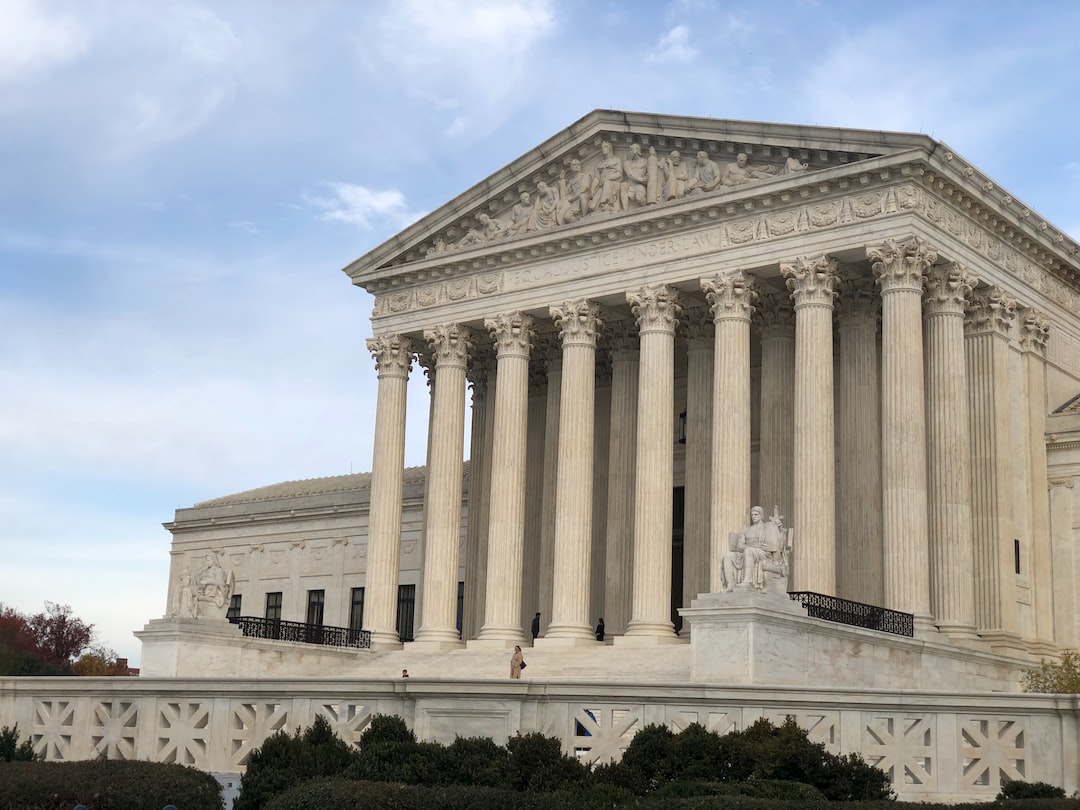The Impact of Social Media on Defamation and Privacy Laws
Social media has revolutionized the way we communicate, share information, and connect with one another. Platforms like Facebook, Twitter, and Instagram have become integral parts of our daily lives, enabling us to express ourselves and interact with others on a global scale. However, this growing influence of social media has also brought about new challenges in the realm of defamation and privacy laws.
Defamation, the act of damaging someone’s reputation through false statements, has been a legal concern since time immemorial. With the advent of social media, however, the potential for defamatory statements has exponentially increased. Instantaneous sharing of information, lack of fact-checking, and the viral nature of social media content have all contributed to the rise of defamation cases.
Perhaps the most significant impact of social media on defamation laws is the amplification of defamatory statements. Previously, damaging remarks or lies about someone might have been limited to a small circle of individuals. Today, a single defamatory post on social media can reach millions of people within a matter of seconds. This accelerated dissemination of information poses significant challenges for individuals seeking to defend their reputations.
Another aspect of the impact of social media on defamation laws is the difficulty in tracing the original source of defamatory content. With anonymous accounts and the ability to create fake profiles, identifying the individual responsible for defaming someone becomes an arduous task. Traditional defamation laws were created for a world where the dissemination of information was primarily done through newspapers or television, leaving social media platforms with unique challenges in curbing defamation.
Furthermore, the rise of user-generated content has blurred the line between personal opinion and defamation. Many social media users believe that they have the right to express their opinions freely. However, when these opinions cross the line into false statements that damage someone’s reputation, they enter the realm of defamation. Determining where opinion ends and defamation begins has become a complex issue in the age of social media, requiring a delicate balance between freedom of expression and protection of one’s reputation.
Social media also poses significant challenges to traditional privacy laws. In the digital age, individuals share personal information and moments of their lives more than ever before. However, the ease of sharing on social media comes with the risk of infringing upon someone’s privacy. Instances of unauthorized sharing of private photos, videos, or personal details have become commonplace, leading to legal implications.
One of the major concerns lies in the potential permanence of information shared on social media. Even if an individual deletes a post or a photo, there is no guarantee that it will not be saved or shared by others. This creates a lasting digital footprint that can haunt people for years to come. While privacy laws exist to protect individuals, enforcing these laws in the realm of social media becomes a daunting task due to the rapid pace at which content is shared and disseminated.
Another challenge facing privacy laws is the collection and utilization of personal data by social media platforms themselves. With every click, like, and comment, users generate valuable data that social media companies use for targeted advertising and other purposes. While privacy policies and legal frameworks exist to protect users’ data, the sheer volume and complexity of information shared make it difficult to ensure comprehensive protection.
To address the evolving landscape of defamation and privacy in the era of social media, legal systems are continually adapting. Courts and legislators are faced with the task of striking a balance between protecting individuals from harmful content and upholding the principles of free speech and expression.
Efforts are being made to hold social media platforms responsible for the content shared on their platforms. Platforms like Facebook and Twitter have implemented reporting mechanisms and guidelines to tackle defamation and privacy concerns. They are also investing in artificial intelligence and human moderation to identify and remove harmful content promptly.
Additionally, individuals who believe they have been defamed or their privacy violated on social media can seek legal remedies. Lawsuits are being filed, setting precedents and establishing guidelines for online behavior. Legal practitioners are also adapting their strategies and approaches to navigate the unique challenges of social media-related cases.
In conclusion, social media has undoubtedly had a profound impact on defamation and privacy laws. The rapid dissemination of information, the challenge of tracing original sources, and the blurring lines between opinion and defamation have created a complex legal landscape. Balancing freedom of expression and the protection of individual reputations remains a challenge, requiring constant adaptation and evolution of legal frameworks. As social media continues to evolve, it is crucial for laws to keep pace to ensure the fair and responsible use of these platforms.

